Metabolism

Serine/threonine kinase AMPK upregulates glucose uptake by promoting the expression and function of glucose transporters. AMPK is activated by increased AMP/ATP ratio, resulting from cellular and environmental stress, e.g. low glucose, heat shock, hypoxia and ischemia. AMPK activation positively modulates signaling transductions that refill ATP levels. Moreover, it also stimulates catabolic processes such as fatty acid oxidation and glycolysis through inhibition of ACC and activation of PFK2. AMPK negatively regulates various proteins which are important to ATP-consuming mechanisms, e.g. mTORC2, glycogen synthase, SREBP-1, and TSC2, causing the downregulation/inhibition of gluconeogenesis and glycogen, lipid and protein synthesis.
-
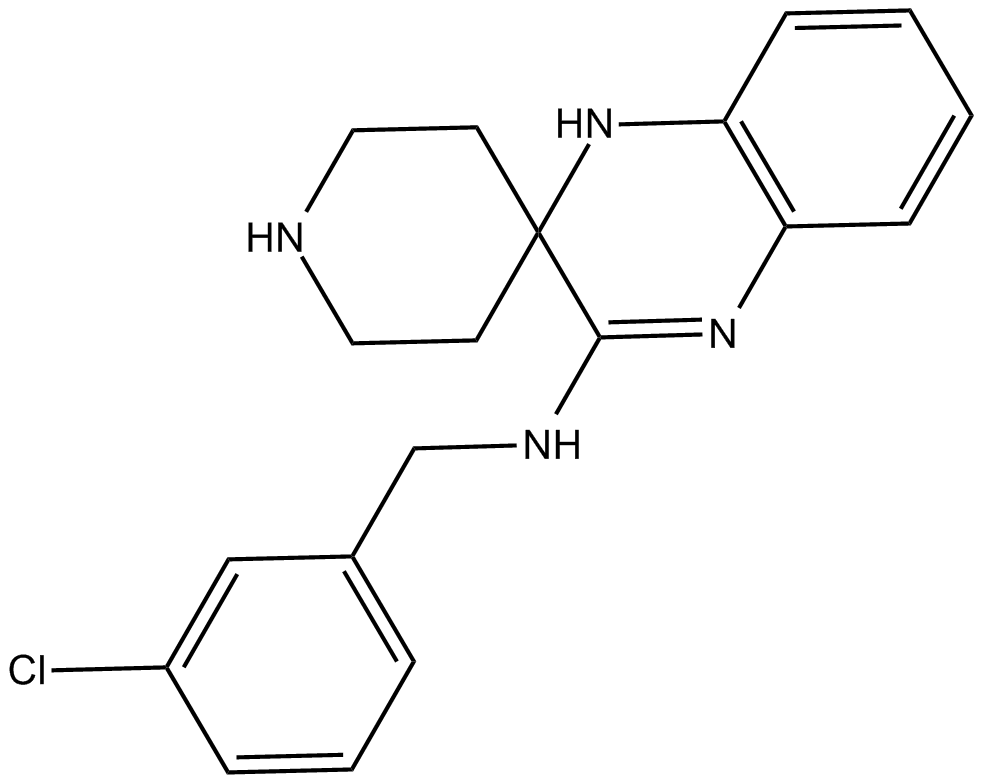 B4987 Liproxstatin-14 CitationSummary: A potent ferroptosis inhibitor
B4987 Liproxstatin-14 CitationSummary: A potent ferroptosis inhibitor -
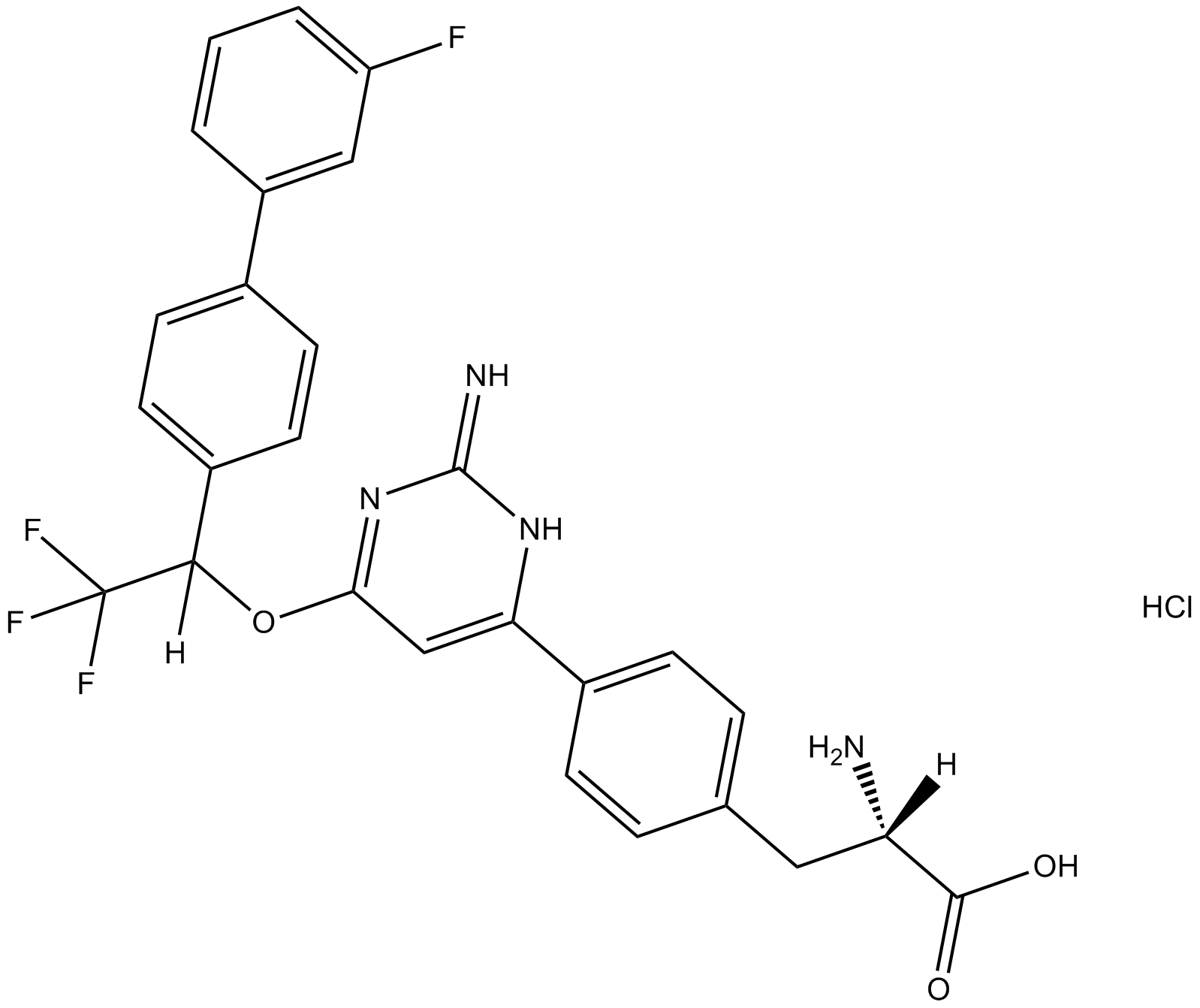 B5823 LP533401 hclTarget: TphSummary: Tph-1 inhibitor
B5823 LP533401 hclTarget: TphSummary: Tph-1 inhibitor -
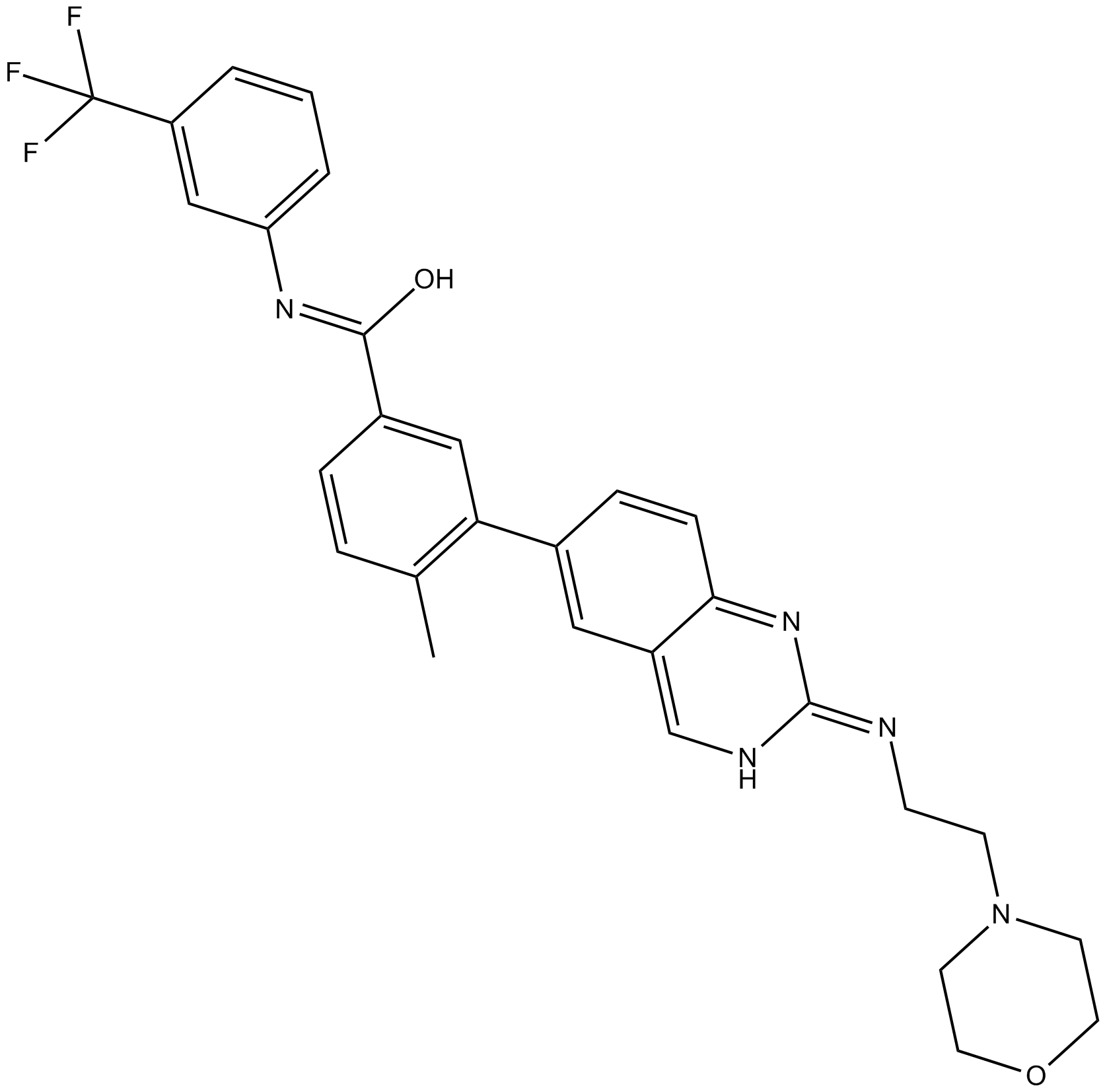 B5841 AMG-47ASummary: destabilizer of the KRAS oncoprotein
B5841 AMG-47ASummary: destabilizer of the KRAS oncoprotein -
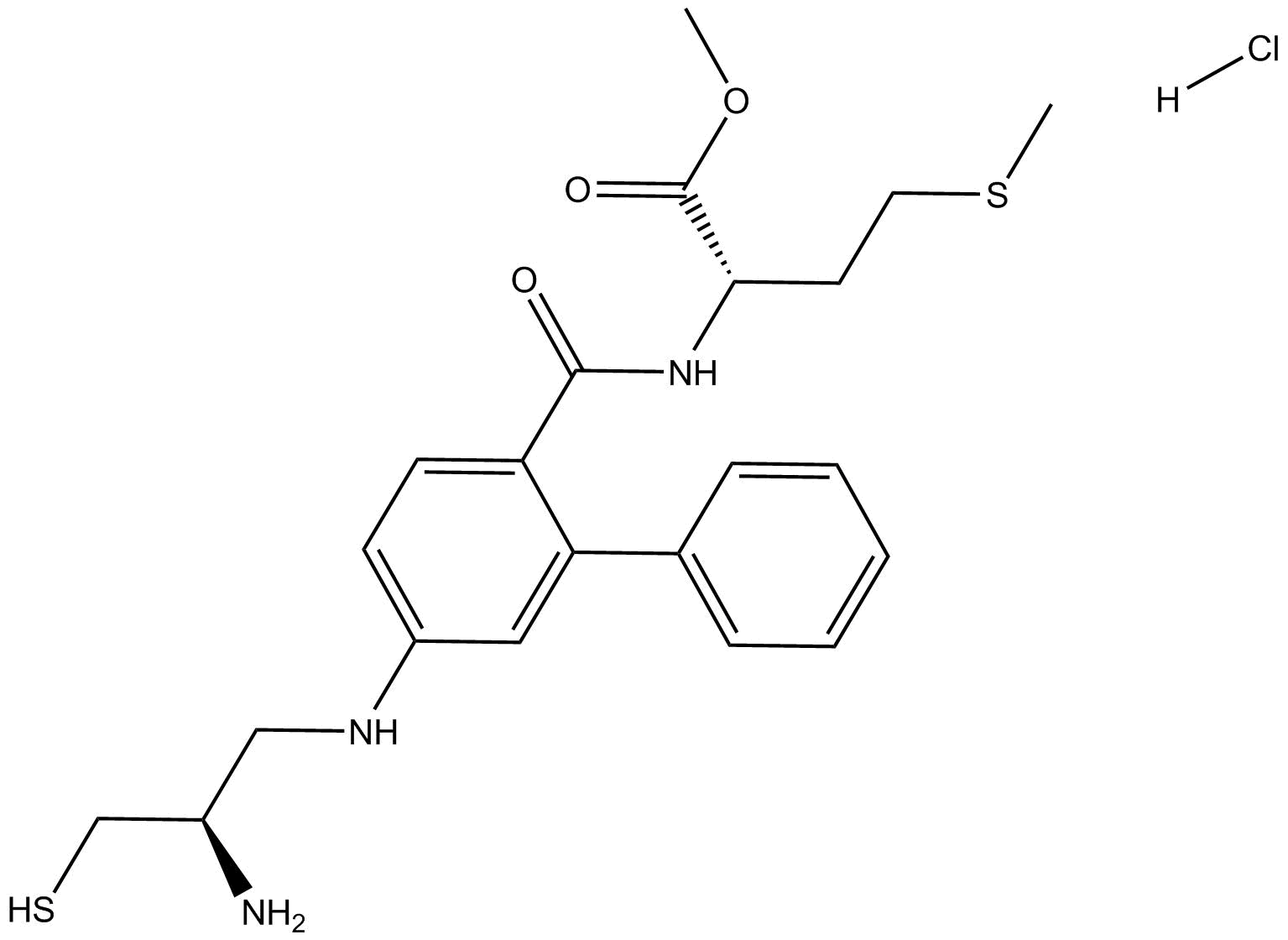 B5842 FTI 277 HClSummary: FTase inhibitor
B5842 FTI 277 HClSummary: FTase inhibitor -
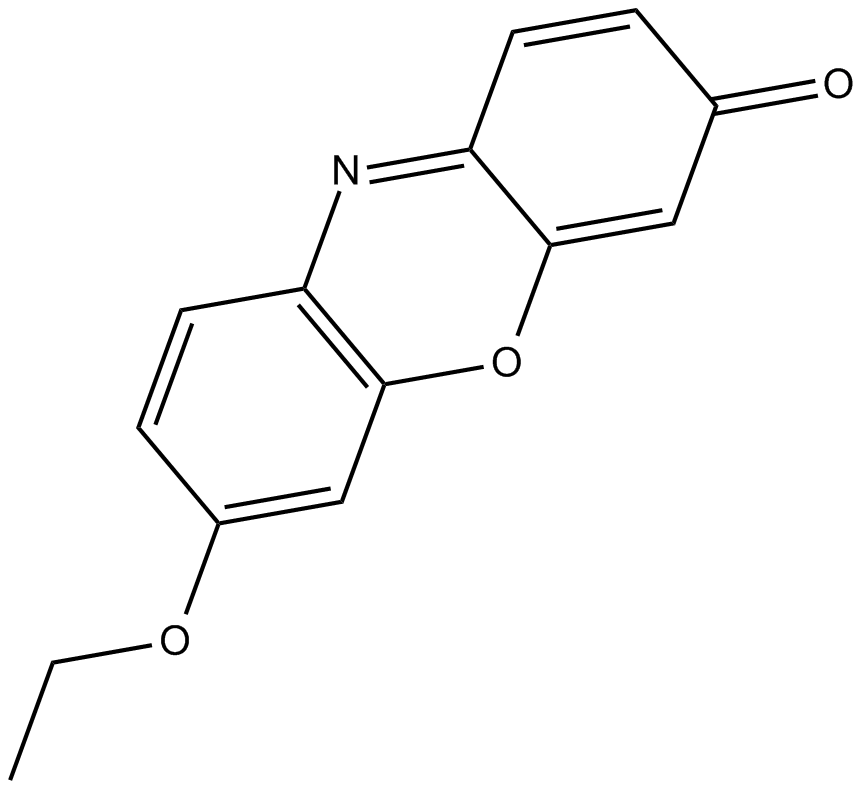 B5963 7-EthoxyresorufinTarget: Cytochrome P450 (CYP450)Summary: Specific subtrate of CYP1A
B5963 7-EthoxyresorufinTarget: Cytochrome P450 (CYP450)Summary: Specific subtrate of CYP1A -
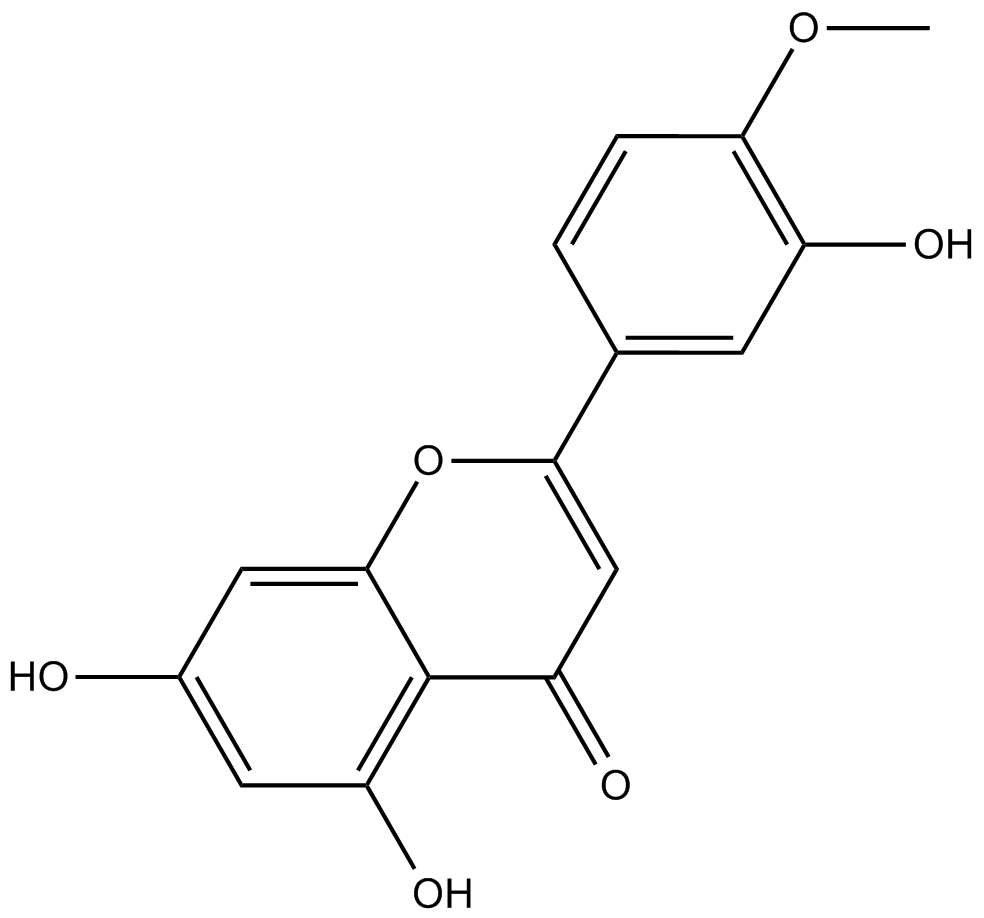 B5990 DiosmetinSummary: CYP1A1 inhibitor
B5990 DiosmetinSummary: CYP1A1 inhibitor -
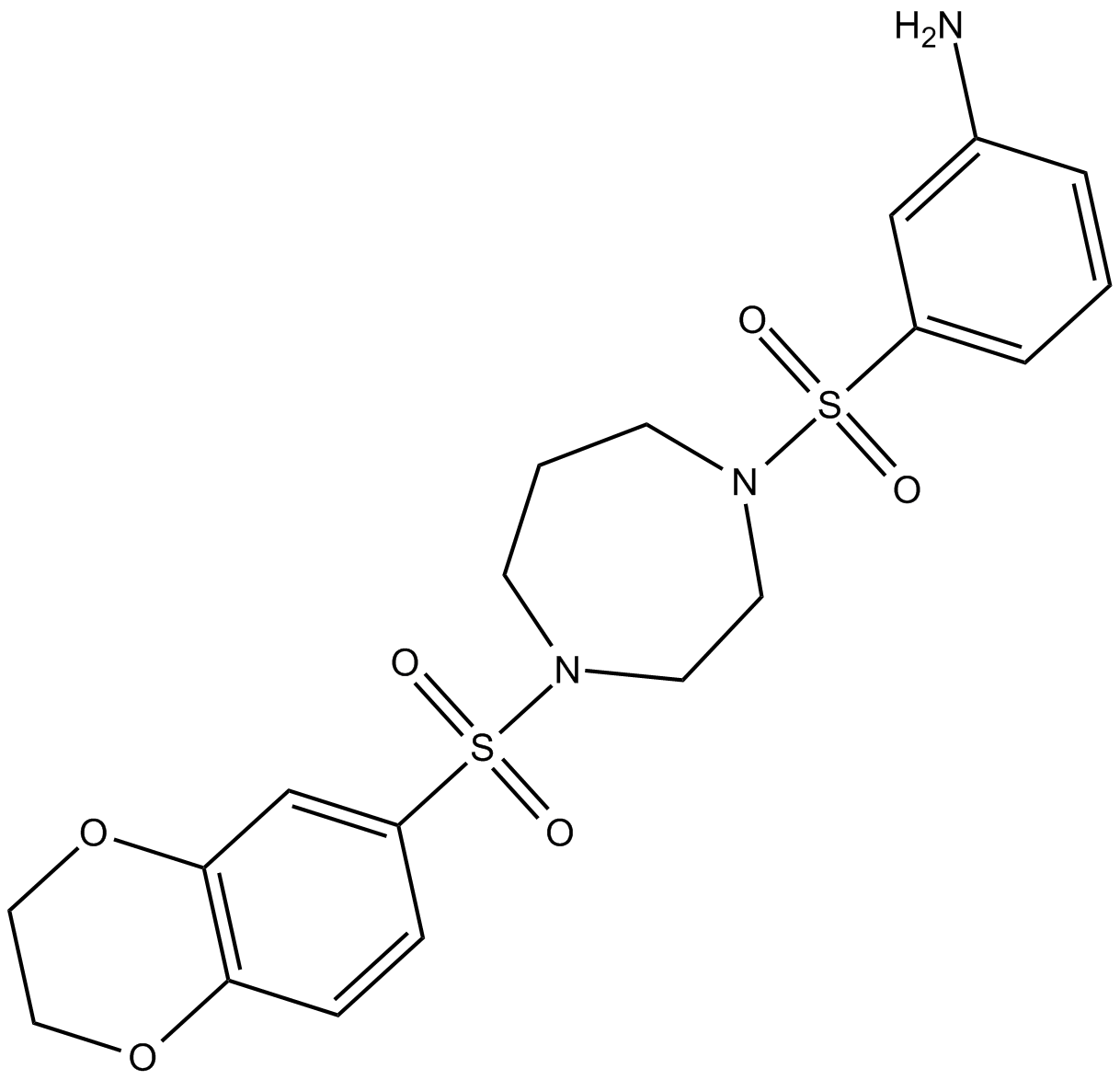 B6025 DASA-58Summary: activator of pyruvate kinase M2 (PKM2)
B6025 DASA-58Summary: activator of pyruvate kinase M2 (PKM2) -
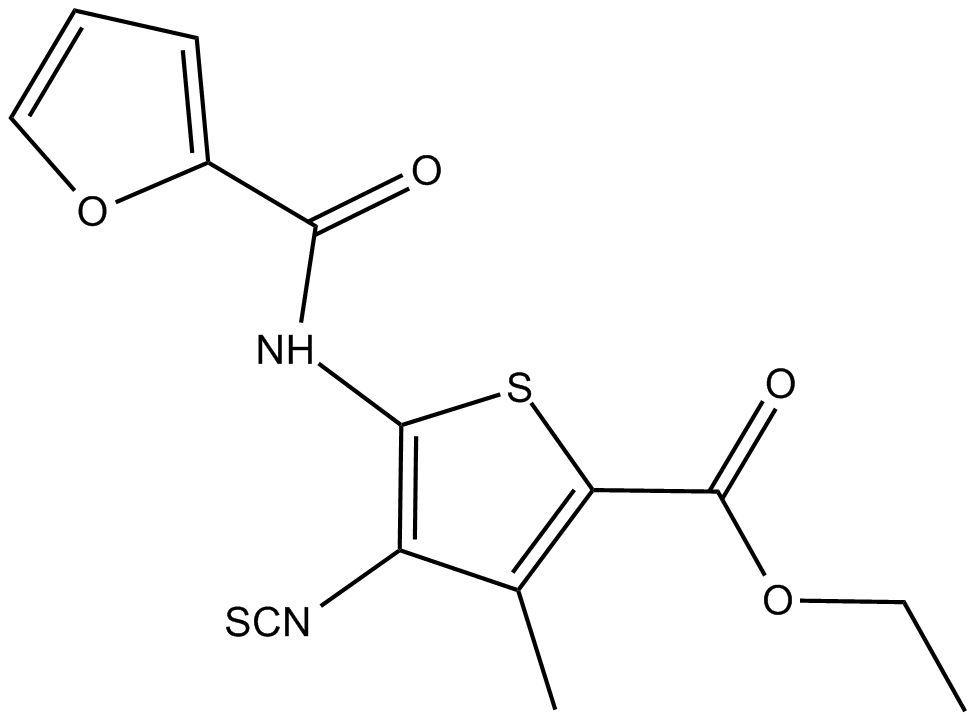 A8721 CBR-58841 CitationTarget: 3-phosphoglycerate dehydrogenaseSummary: selective inhibitor of PHGDH
A8721 CBR-58841 CitationTarget: 3-phosphoglycerate dehydrogenaseSummary: selective inhibitor of PHGDH -
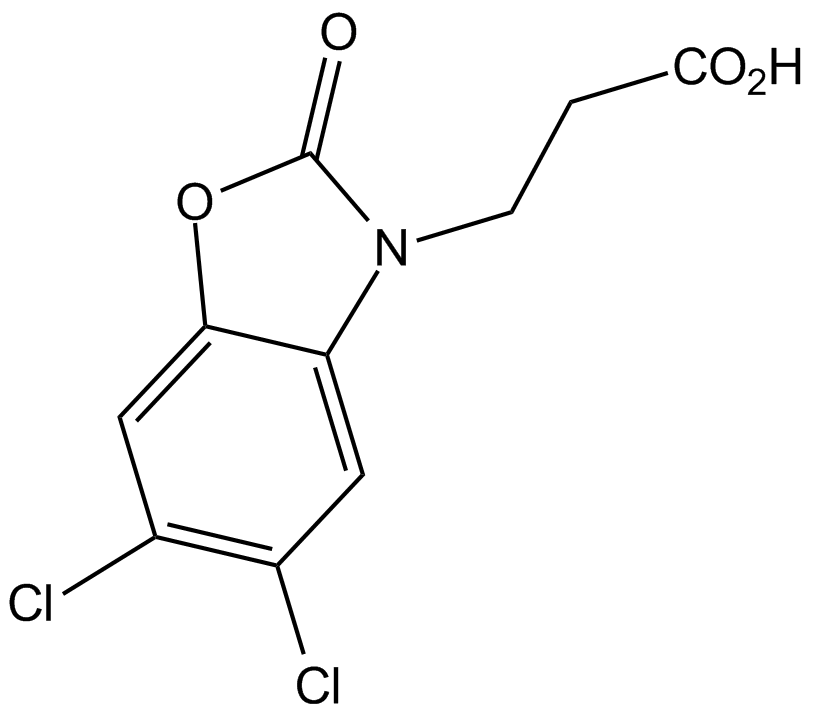 A8723 GSK180Target: Kynurenine-3-monooxygenaseSummary: inhibitor of kynurenine-3-monooxygenase (KMO)
A8723 GSK180Target: Kynurenine-3-monooxygenaseSummary: inhibitor of kynurenine-3-monooxygenase (KMO) -
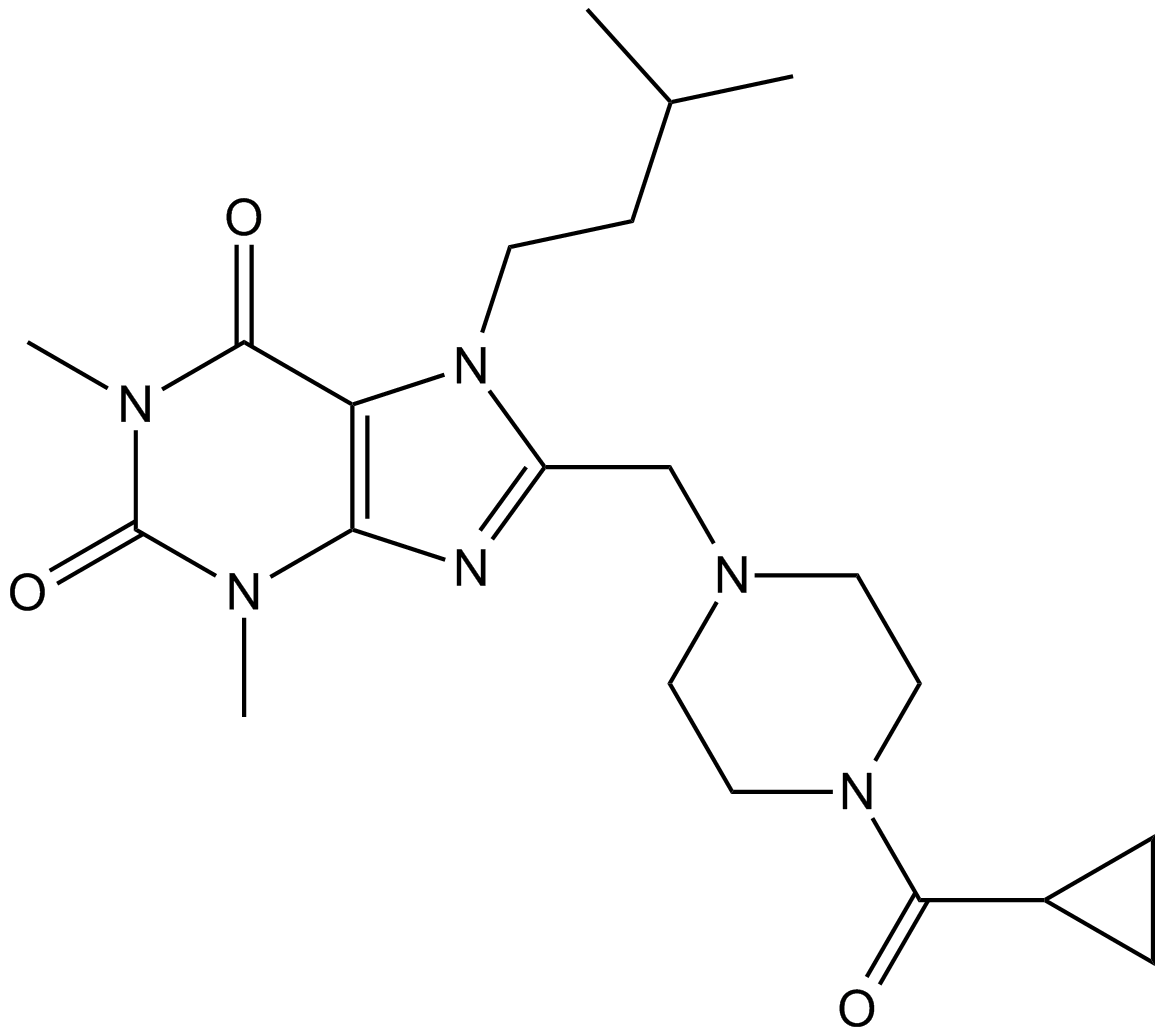 B6044 NCT-501Summary: Aldehyde Dehydrogenase 1A1 (ALDH1A1) inhibitor, Potent and Selective
B6044 NCT-501Summary: Aldehyde Dehydrogenase 1A1 (ALDH1A1) inhibitor, Potent and Selective

